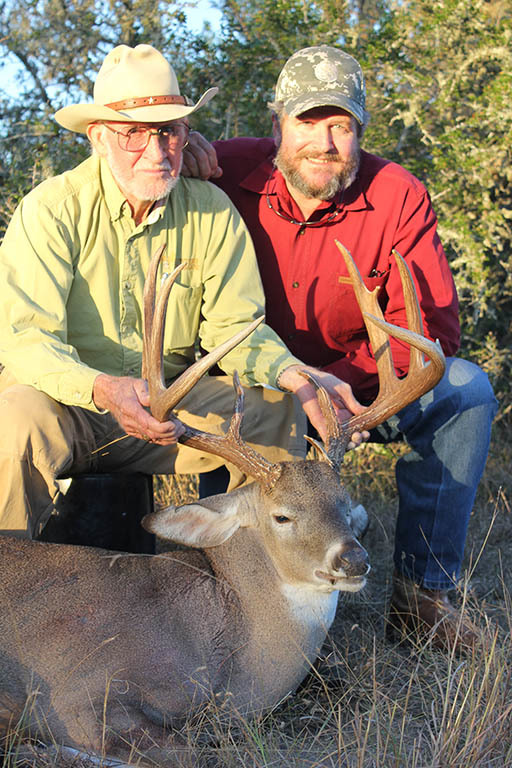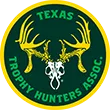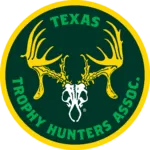
Why Texans Hunt
It’s about the chase, camaraderie, and camp
“When gas, oil and coal are gone there will still be electricity. But where is the miracle of science that can restore an extinct bird or animal or devise means of rejuvenation for man such as is found only in the chase.” Anonymous
Hunting is a Texas tradition stemming from the very nature of our being, the challenge of pursuing a wild bird or animal and subduing it—or chasing a deal. We are all hunters, and later on I’ll tell you why.
I’ve hunted since I was 10 years old, borrowing a neighbor’s Stevens “Crack Shot” single shot .22 rifle until my grandmother bought me a single shot .22 when I was 12. It cost $6.15 from the Sears Roebuck catalogue. My main victims of the hunt were cottontail rabbits and fox squirrels. I learned how to skin a rabbit, cut it up, and fry it at an early age. Making the cream gravy was the most difficult part, and I remember making my first skillet-full that would not come out of the spoon.
My first successful deer hunt occurred when I was a student at Texas A&M University in the fall of 1958. As a county school bus driver, I had daily contact with kids who lived in the country. One of the boys suggested that we could go deer hunting on their small farm if I would furnish him with a deer rifle. I had two rifles: a 7.7-caliber Japanese army rifle that I had customized, and a 1917 Enfield .30-06 military rifle that was also re-stocked as a sporting rifle. I let the kid hunt with the Japanese rifle, which had a good Weaver scope.
Several deer had been coming into a small oats patch just before dark, so we selected some strong branches and climbed up into two live oak trees that bordered the field. We were about 200 yards apart. As the sun slowly sank in the west on that Saturday afternoon, a lone deer came into the field some distance away. I had a small Weaver J 2.5 scope on the .30-06 and couldn’t make out whether the deer was a buck or doe.
The boy using the 7.7 Japanese rifle with a 4-power scope could see the small antlers, and he fired and missed. When he fired, I knew that he could see antlers, so I quickly put the crosshairs of the J 2.5 scope on the deer and pulled the trigger. The .30-06 roared, nearly knocking me off the limb.
The deer went down but kept moving on the ground. I immediately put another bullet in the buck for the coup de grace. We made our way down from the live oaks and gutted the buck. He was a yearling five-point with antlers that would go into a feed store cap, but I was on top of the world! I had killed my first deer, and I have been an avid deer hunter ever since.
Although killing may be the irrefutable heart of hunting, most Texans will tell you they hunt for many reasons other than killing. Webster defines “hunt” as: to kill or catch for food or sport; to try to find; to chase. Hunters for the most part are most concerned with the chase. If they don’t bag something, well, for most of them, it’s no big deal. They did what they set out to do—hunt. They just didn’t get anything.
Most hunters will admit that successful hunting is a violent act. You won’t get any argument about that. But not all Texans hunt for the sole purpose of killing something, even though they want to. The majority of hunters involve themselves in the process of the hunt—getting the gear, shooting the guns or bows, packing, traveling, getting away from the city, the crowds, and the job. Some men want to get away from women for a while, and “let their hair down.”
The whys are twisted up in confused layers, but status is a major aspect of hunting. Hunters want their counterparts to know they’re able physically and economically to hunt, and that they have the macho desire for the chase.
Some hunters prefer to hunt in groups—to escape to places where there are no social restraints. Others like to hunt alone and challenge a worthy adversary on its own turf—a form of sporting competition. Also competitive is the fact that some hunters want to compete with other hunters by killing a buck with the largest antlers or kill more quail or doves.
Many hunters simply want the heightened awareness that hunting brings—reading the terrain, fine-tuning hearing and eyesight as they search for game, enduring adversity such as weather or physical danger, or sensing the presence of an animal. So, why can’t the average hunter tell you why they hunt? Most can’t—or won’t. They are virtually mute about the subject.
As a lifelong hunter, I am not so mute. I love hunting as an escape valve. I instinctively open the valve of civilization and pursue my real role in life—being a hunter. Yes, it’s hard to be a good hunter without killing, and I do kill. But it’s not that I dislike animals and want to destroy them, although I like to eat them.
Killing is simply the end result of the chase. Actually, as a wildlife biologist, I love birds and animals. I’ve studied their habits, their lifestyles, and what makes them tick. I know the birds and animals of Texas as well as I know my friends, maybe even better. But when I pull the trigger, there is no animosity towards the creature. I’ve simply won.
And then there’s camp. Hunters say that, for whatever reason, they enjoy hunting camp. Hunters usually live well when they go afield—one of the reasons for being a hunter. They live together in the place that always has the same name—camp. Camp means camaraderie. Hunters eat together and endure each other’s stories, snoring and pain. Even without a kill, camp makes for memorable hunts.
Hunters are more themselves in hunting camp. They drink, play poker, eat more than normal, curse, belch, forget their diets, and tell testy jokes. In short, they’ll do everything they don’t do—or can’t do—at home. Group fun may be the best part.
Most hunters will admit that hunting camp atmosphere is the best part of hunting. It is a rite-of-passage which some hunters enjoy all their lives. When they are old, and through hunting, they end up as camp cooks—just to be there.
The costs of hunting can be tremendous—not to mention the time required to become a good hunter. There are long drives to the hunt and the expense of the lease, guns, ammo, clothes, ATVs, and the like. Most hunters have thousands of dollars tied up in their sport. However, they don’t like to discuss the costs of hunting. It’s simply a necessity of life.
Hunters can’t explain why they spend so much time and money chasing deer, turkey, ducks, quail and doves over hill and dale, enduring the heat and cold, rubbing aching legs at night after stalking their quarry all day, sometimes in a failed attempt to win the chase. It is a challenge that simply must be met.
There is also a challenge in determining why hunters enjoy what they do. They’ll do anything to throw you off the trail. They’ll double back; they’ll circle; they’ll hide—just to keep you from finding out why they are hunting. The truth is, we are all hunters. Some of us hunt for game; some hunt for money; some hunt for sex or fame or power. But we all hunt for something.
The motivation of Texas hunters is very much like the motivations of bankers or real estate brokers—to make a killing. We are all hunters. We simply use different tools.



